
UNE SALE HISTOIRE/A DIRTY STORY (Jean Eustache, 1977, 28 minutes [35mm] + 22 minutes [16mm]); LE JARDIN DES DÉLICES DE JÉRÔME BOSCH/ HIERONYMOUS BOSCH’S “THE GARDEN OF EARTHLY DELIGHTS” (Jean Eustache, 1979, 34 minutes [16mm]). Playing at the Gene Siskel Film Center with Eustache’s ALIX’S PHOTOS (1980, 18 minutes, 35mm) on May 25 at 3 PM.
Jean Eustache (1938-81, above photo) was clearly obsessed with remakes. Not only did he remake his 1968 documentary about his home town, LA ROSIÈRE DE PESSAC, in 1979; he also remade his 1977 documentary UNE SALE HISTOIRE twice—first as a fiction film, and then, less literally, as a documentary about Bosch’s “The Garden of Earthy Delights” two years later.
Let me explain. The first version of UNE SALE HISTOIRE, designed to be shown second, and shot in 16mm, features Jean-Noël Picq recounting a supposedly real-life “dirty” story to a group of people, mainly women (although also including Eustache himself, visible in the foreground of a couple of shots)—a tale about peering for hours through a hole in the wall of a café into the ladies room in order to watch the snatches of women seated on the toilet. (He calls the women’s snatches their “holes,” and the word trou is repeated incessantly throughout his monologue.) Read more

TEX AVERY: A UNIQUE LEGACY (1942-1955) by Floriane Place-Verghnes (Eastleigh, UK: John Libbey Publishing), 2006, 214 pp.
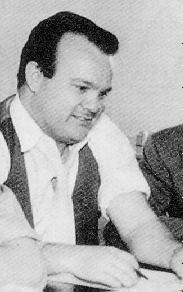
I love the last line in Dr. Place-Verghnes’ Acknowledgments -– a tactful understatement which demonstrates both that she wears her academic armor lightly and that she’s temperamentally suited to dealing with someone like Avery: “I reserve a particular sentiment for Warner Brothers Inc., without whom and their point-blank refusal to grant copyright authorisation, this volume would have contained multiple images from Tex Avery and others’ cartoons in support of the textual content.” (Actually, she does cheat a tad by reproducing or at least imitating a classic Avery image on the book’s cover–two giant bulging eyeballs as they appear in one of the Wolf cartoons.)
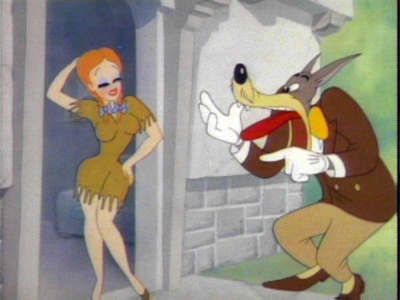

It’s too bad she didn’t publish this book online–in which case I presume she would have had as little difficulty in illustrating the graphic brilliance of Avery as I’m having here by scavenging diverse items from the Internet. For starters, here are three more characteristic samples:
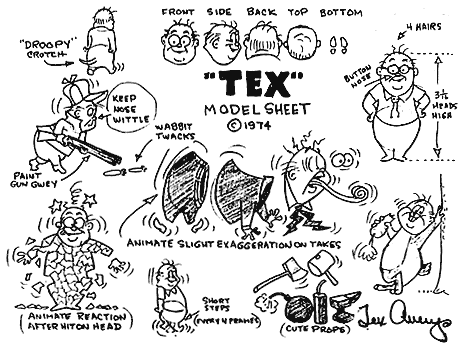

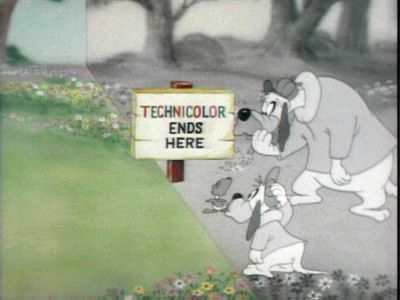
One of the more interesting challenges in viewing Avery’s vintage MGM work is learning how to process various aspects of their racism and sexism without overlooking their good-humored humanity or drowning in political correctness. Read more
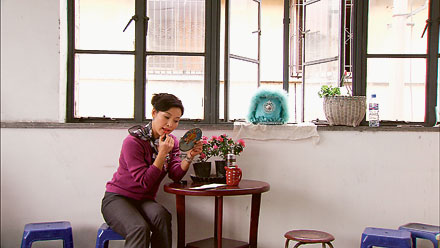
As evidenced by everything from Trouble the Water to WALL-E to Wendy and Lucy, the disastrous effects of unchecked capitalism may be the most urgent contemporary theme in movies. The brilliantly innovative Chinese filmmaker Jia Zhang-ke (Platform, The World, Still Life) has been able to create works of historical relevance partly because he considers this theme from the vantage point of a socialism that, far from being theoretical, is part of a complex lived experience. This beautiful and challenging documentary looks at a military factory in Chengdu that’s shutting down to make way for a luxury apartment complex, and in interviewing five former workers and three fictional characters (played by Joan Chen, Lu Liping, and his frequent collaborator Zhao Tao), Jia manages to convey how three generations are affected by this change. In Mandarin with subtitles. 112 min. (JR) Read more









